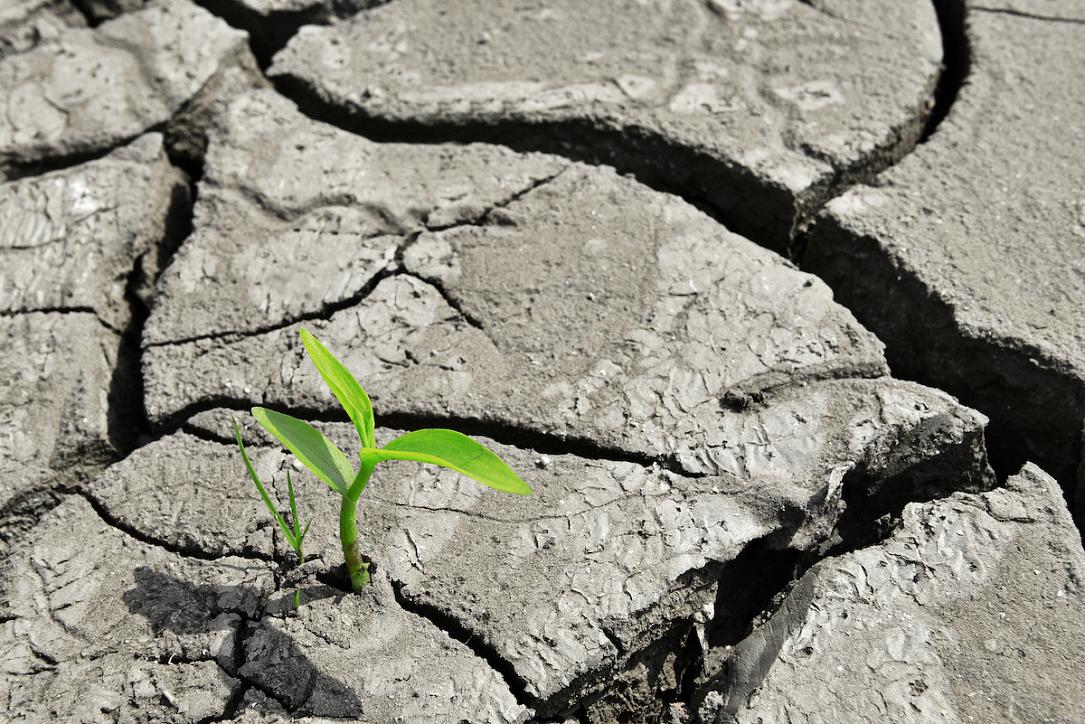Only a third of Romanians see the government as responsible for combating climate change



Only a third of Romanians see the government as responsible for combating climate change, a percentage much lower than the global average (60%), according to a recent study by Ipsos in 33 countries. The same source shows that interest in global warming is declining worldwide.
Among the other main findings is the fact that in most of the 33 countries included in the research, citizens believe that developed countries should contribute more to combat global warming. Moreover, both globally and in Romania, most people want to contribute to combating the effects of climate change but don’t know how.
Only 1 in 10 Romanians believe that their country can set an example in combating climate change, compared to 3 in 10 globally. Almost 60% of Romanians, especially those from Generation X, believe that Romania has not yet proven its ability to be a global leader in this area. Similarly, 6 out of 10 Romanians believe that their country should play a more active role in this fight. This belief is even stronger among young people from Generation Z.
While the majority of respondents in 28 of the 33 countries included in the study believe that governments and companies play an essential role in combating the climate crisis, only 33% of Romanians hold the government accountable. One in two Romanians think that individual responsibility is important when it comes to combating climate change. The global average in this regard stands at 63%.
Romanians - especially those from Generation Z and Millennials - are inclined to put the issue of climate change on the back burner. 39% of each generation believe that current financial difficulties do not allow adequate concern for this issue. Also, fewer Romanians (only 20%, compared to 30% globally) are willing to pay additional taxes from their incomes to contribute to preventing climate change.
Seven out of ten people globally believe that developed countries should intensify their efforts in the fight against climate change. In Romania, this opinion is just as widespread (67%). There is a particular inclination of those from Generation X (78%) and Baby Boomers (75%) to say that developed countries should take more decisive actions.
Only 1 in 2 citizens (46% globally, 48% in Romania) believe that developed countries are currently living up to expectations and serve as a model in combating climate change.
In 2022, an average of 51% of the population in 31 countries considered recycling as one of the most effective ways households can contribute to reducing global greenhouse gas emissions. However, this belief has significantly dropped by 2023, reaching 33%, and remained relatively stable in 2024, at 34%. In Romania, the proportion of those who consider recycling as the main solution is currently 7% higher than the global average.
The transition to renewable energy is currently seen globally as the main solution for combating climate change, identified as such by 38% of respondents worldwide. In Romania, this belief is equally strong, with 41% of Romanians emphasizing the importance of renewable energy in this fight.
Another study, the Global E-Waste Monitor 2024, underlines that humanity annually produces over 60 billion kilograms of electronic waste. Specifically, humanity produced in 2022 over 62 billion kilograms of WEEE, averaging 7.8 kilograms per capita. Only 13.8 billion kilograms of these, or 22.3%, were collected and recycled properly.
According to the same research, Europe was the region that generated the most electronic waste (17.6 kilograms per capita), while also having the highest formally documented collection and recycling rate (7.5 kilograms per capita), accounting for 42.8% of the generated electronic waste. In Romania, during the same period, 250 million kilograms of waste were generated, of which 71.5 million kilograms of WEEE were collected and recycled.
Approximately one-third (20 billion kilograms) of global electronic waste comes from small equipment such as toys, microwave ovens, vacuum cleaners, and electronic cigarettes, yet the global recycling rate remains very low at just 12%. Large equipment (excluding photovoltaic panels) follows with 15 billion kilograms. Screens and monitors account for 10% of total WEEE (5.9 billion kilograms). Another 5 billion kilograms of electronic waste comes from small IT and telecommunications equipment (laptops, mobile phones, GPS devices, personal computers, printers, routers, etc.); only 22% of them are formally collected and recycled. Bulbs generate waste weighing 2 billion kilograms.
Both studies were released on April 22 to mark the World Earth Day.
(Photo source: Photomall/Dreamstime.com)